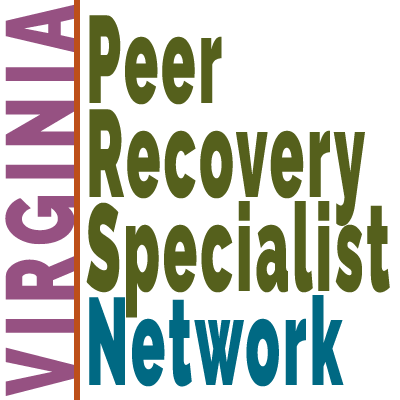Blog
Empowerment Skills Part 2
Last week, we learned about empowerment skills. We learned that He-Man had empowerment. We laughed at that. But it was/is true. Yes, He-Man still exists just like a certain individual of size living in a cold place who dispenses free objects of entertainment for young humans whose name will go unmentioned.
With that being said, let’s revisit this term ‘empowerment’. Empowerment is defined as,
“Authority or power given to someone to do something. The process of becoming stronger and more confident, especially in controlling one’s life and claiming one’s rights.”
As we talked about last time, if we take a macro point of view, more and more groups of people in our society today are fighting for their communal empowerment. Some examples include but aren’t limited to, employee, black, female and disability empowerment. As we move forward towards a more equitable society, this idea and concept is the bedrock for such efforts, as it should be.
If we take the micro level view, empowerment has many components to it. And as peer recovery specialists, the peers we serve will be in need of empowerment in some way, shape, or form. For a refresher, check out the first 4 examples of empowerment components from last week. This week, however, we have more to discover.
- Managing stress: Stress can be a major barrier to empowerment, so it is important for peer recovery specialists to help people learn how to manage stress effectively. This could involve teaching relaxation techniques, helping people to identify their stressors, and developing coping mechanisms because stress management is a life-long process.
- Building resilience: Resilience is the ability to bounce back from setbacks, and it is a vital skill for empowerment. Peer recovery specialists can help people build resilience by teaching them how to reframe their thoughts and ideas about personal setbacks as opportunities for growth, learn how to cope with difficult emotions, and how to maintain a positive outlook.
- Developing a sense of purpose: Everyone has a purpose whether they know it or not, and purpose can give people a reason to get out of bed in the morning, and it can help them to stay motivated on their recovery journey. Peer recovery specialists can help people develop a sense of purpose by helping them to identify their values, by helping them to set goals, and by providing them with opportunities to contribute to their community.
- Building relationships: Strong relationships can provide people with support and encouragement, and they can also help people to feel connected to something larger than themselves. Peer recovery specialists can help people build relationships by providing them with opportunities to connect with others, by teaching them how to communicate effectively, and by helping them to develop their social skills. We are not meant to walk along.
- Learning from mistakes: Everyone makes mistakes, but it is important to learn from them and to move on. Also, without judgment, you can learn from other people’s mistakes and it may prevent you from making the same ones yourself. Peer recovery specialists can help people learn from their mistakes by providing them with support, by helping them to identify the lessons learned, and by helping them to develop a plan to avoid making the same mistakes in the future.
To close this 2-part series on empowerment, please consider sharing these components of empowerment with the peers you serve, both now and in the future. And, practice makes perfect, so you can apply them to your own life and have that experience to draw from when sharing these concepts with other peers. May the power of GraySkull assist you in your empowerment search but remember He-Man is actually a fake doll created by Mattel. Yes, I said it.

Chris Newcomb
VPRSN Coordinator
Chris Newcomb, M.Div., PRS, CPMC, CWF, CSSF is the VPRSN Coordinator on behalf of Mental Health America of Virginia. He holds a Bachelor in Psychology from Radford University and a Master of Divinity from Duke University. In his spare time, he is a singer/songwriter who loves to write new songs, practices Krav Maga, and enjoys time with family and friends.

